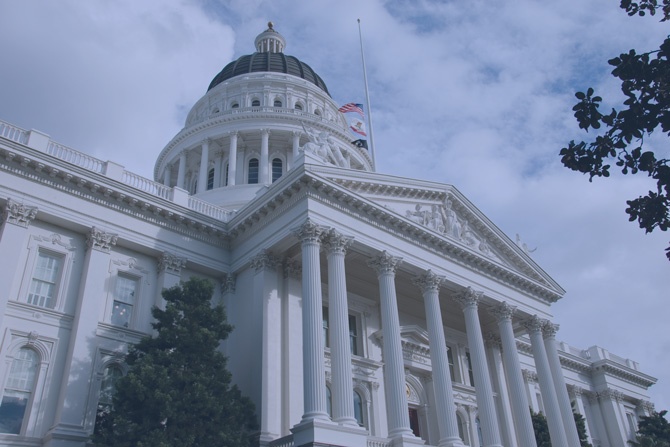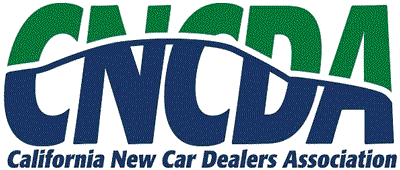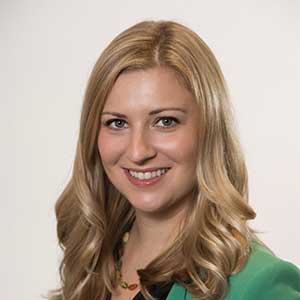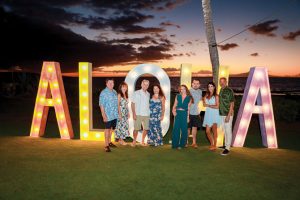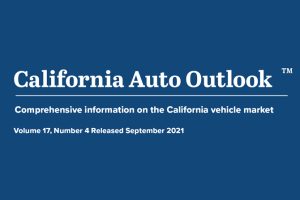COVID-19 vaccines were the clear focus of the legislature, business community, and countless other advocacy groups during the final few weeks of this year’s legislative session, which ended at midnight Friday, Sept. 10.
The business community was especially concerned about AB 455, a proposal by Assembly Members Buffy Wicks (D-Oakland), Evan Low (D-Campbell), and Akilah Weber (D-La Mesa) that would have been the nation’s strictest statewide vaccine requirement yet. The bill required residents to show proof of COVID-19 vaccination to enter indoor public places, including most businesses. It also would have compelled workplace vaccine mandates. Business groups fought against the proposal, and it was ultimately shelved for this year, although Assembly Member Wicks said she will continue working on the language and plans to introduce it again next year. For now, various counties statewide are choosing to create their own vaccine requirements in advance of any impending statewide mandate that may occur.
What became known as the vaccine “compromise proposal” took the form of AB 1102 by Assembly Member Evan Low, which would have confirmed that employers are free to mandate vaccines for employees if they chose and would have provided liability protection for such a mandate. It also would have confirmed that an employer is not required to verify an employee’s proof of vaccination is valid so long as it reasonably appears to be genuine and relates to the employee. The bill, unlike AB 455, would not have required employers to ensure all employees were vaccinated.
Labor interests pushed back on AB 1102 and withheld support unless the bill’s author would agree to include 40 hours of additional paid leave for employees for the following circumstances: getting the COVID-19 vaccine, recovering from symptoms related to the vaccine, caring for a sick child too young to get the vaccine, and testing positive for COVID-19 (this last piece would have been reserved for vaccinated employees). Labor interests also wanted 40 additional hours of unpaid leave to be provided to vaccinated employees who continue to test positive for COVID-19 after exhausting paid leave. This bill was controversial, and due to the legislature’s 72-hour rule (where a bill has to be in print for 72 hours before it can be voted upon), a compromise could not be reached in time for the measure to be officially introduced. A version of AB 1102 will likely be introduced in 2022.
CNCDA’s sponsored bill, SB 361 (Tom Umberg, D-Orange County), was also held this year due to unreasonable amendment requests from consumer attorneys and the state Attorney General’s Office. SB 361 would have removed federal and state law ambiguity by explicitly allowing dealers to get electronic customer signatures. Although the bill passed out of the Senate Judiciary Committee on a 10-1 vote and passed the Senate unanimously, it was held in the ultra-consumer-friendly Assembly Judiciary Committee.
We were successful in killing three of our top Oppose priorities this year:
- AB 1211 by Assembly Member Al Muratsuchi (D-Torrance). This bill would have created a separate licensing scheme under the law so that a company called Canoo could have offered their small electric buses to consumers in a subscription-like manner, with a proposed regulatory scheme that raised serious consumer protection and franchise law concerns.
- SB 346 by Senator Bob Wieckowski (D-Fremont). This bill would have required dealers to “prominently inform” vehicle purchasers about the operation of any OEM-installed in-vehicle cameras during the vehicle purchase process, which would have added additional, onerous, and unnecessary paperwork to the vehicle purchase process.
- SB 373 by Senator Dave Min (D-Irvine). This bill would have prohibited a debt collector from attempting to collect a consumer debt if the consumer provided documentation to the debt collector that the debt, or any portion of the debt, was the result of economic abuse. (While the bill aimed to protect vulnerable populations from being taken advantage of, the only evidence needed to show economic abuse under the bill was slight.)
We know we will see SB 346 again, and we will likely see Canoo introduce another bill as well.
This year, many other bills we engaged in were outlined during our New Laws seminars.
Issues covered included changes to the following:
- COVID-19
- Fees & taxes
- Employment laws
- Privacy
- Consumer protection
- Commercial & hazardous waste
- Autonomous & electric vehicles
- Retail theft
- Repossession rules
- Career technical education
- Truck issues
- 2022 legislative preview
Political Musical Chairs
Many political pundits believe Governor Newsom was cautious at the end of this year’s legislative session due to the recall election. However, after beating the recall 62% to 38% percent with 12.9 million votes cast, Governor Newsom is in a strong political position heading into the 2022 legislative session. In the meantime, the California Republican Party is spending time on strategic planning and figuring out how to increase the number of Republican statewide elected officials. Some legislators are terming out in 2022, including the following:
- SD 4 – Jim Nielsen (R)
- SD 6 – Richard Pan (D)
- SD 10 – Bob Wieckowski (D)
- SD 18 – Bob Hertzberg (D)
- SD 36 – Pat Bates (R)
- SD 40 – Ben Hueso (D)
In southern California, all eyes will be on the Los Angeles Mayoral race. Congressional Representative Karen Bass announced her plans to run for mayor instead of seeking reelection to her congressional seat. Other major declared candidates for the mayoral seat include Joe Buscaino, Kevin de León, and Mike Feuer (all current or former politicians at the city and state level).
For Karen Bass’ Congressional seat, Culver City Vice Mayor Daniel Wayne Lee filed FEC paperwork to run – he finished a distant second (by 55 points) behind Sydney Kamlager in the SD 30 special election earlier this year.
In Assembly District 17, Assembly Member David Chiu was recently appointed to fill the vacant San Francisco City Attorney position, creating a vacancy in the assembly that will cause a special election to fill his seat. The primary is likely to occur in Dec. 2021, with a runoff (if no candidate receives 50% plus one) in Feb.
The end result of redistricting is likely to have a sizable effect on California politics as district lines are redrawn, and district makeups change.
Redistricting Update
Redistricting is the once-per-decade process where political boundaries for elective offices are updated and redrawn after completion of the U.S. Census. Based on information from the U.S. Census, the Citizens Redistricting Commission redraws the boundaries of California’s Congressional, State Senate, State Assembly, and State Board of Equalization districts.
Those with a political eye will be waiting with bated breath for the end of this process, with final maps scheduled to be approved Dec. 27, 2021. The end result of redistricting is likely to have a sizable effect on California politics as district lines are redrawn, and district makeups change. We may see some districts change their Democrat v. Republican breakdown, including some blue and red districts that may change or at least become purple.
2022 Legislative Session
The last day for Governor Newsom to sign or veto bills was Oct. 10, and the legislature will not reconvene until Jan. 3, 2022. Fall and winter recess is an excellent time to reflect, regroup, and plan our priorities for the next year’s legislative session. We did just that with our CNCDA Legislative Committee this fall during the Los Angeles International Auto Show.
You can always contact CNCDA Director of Government Affairs Alisa Reinhardt at 916-441-2599 or areinhardt@cncda.org if you have any questions or would like to discuss any of CNCDA’s policy priorities in more detail.



